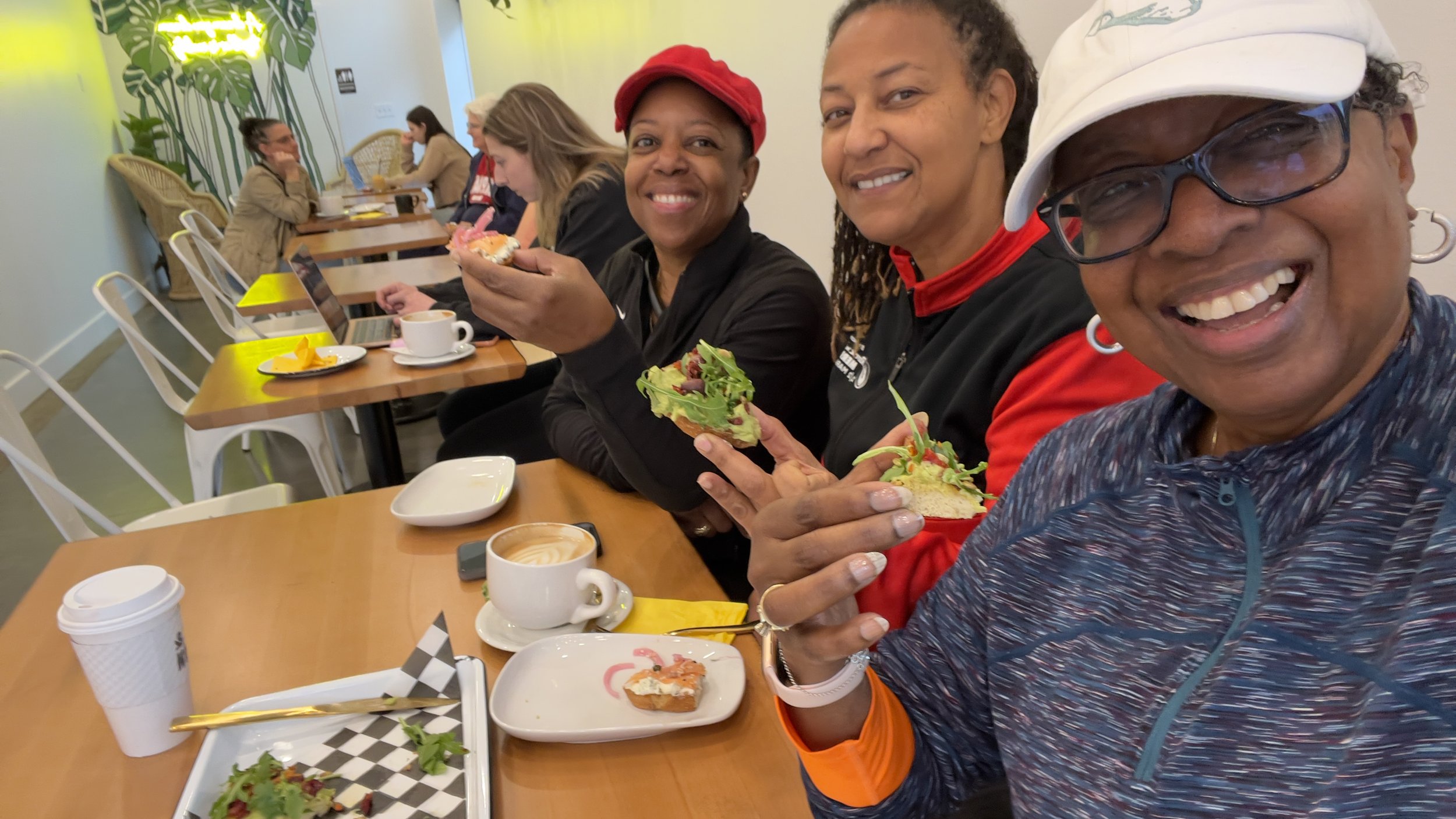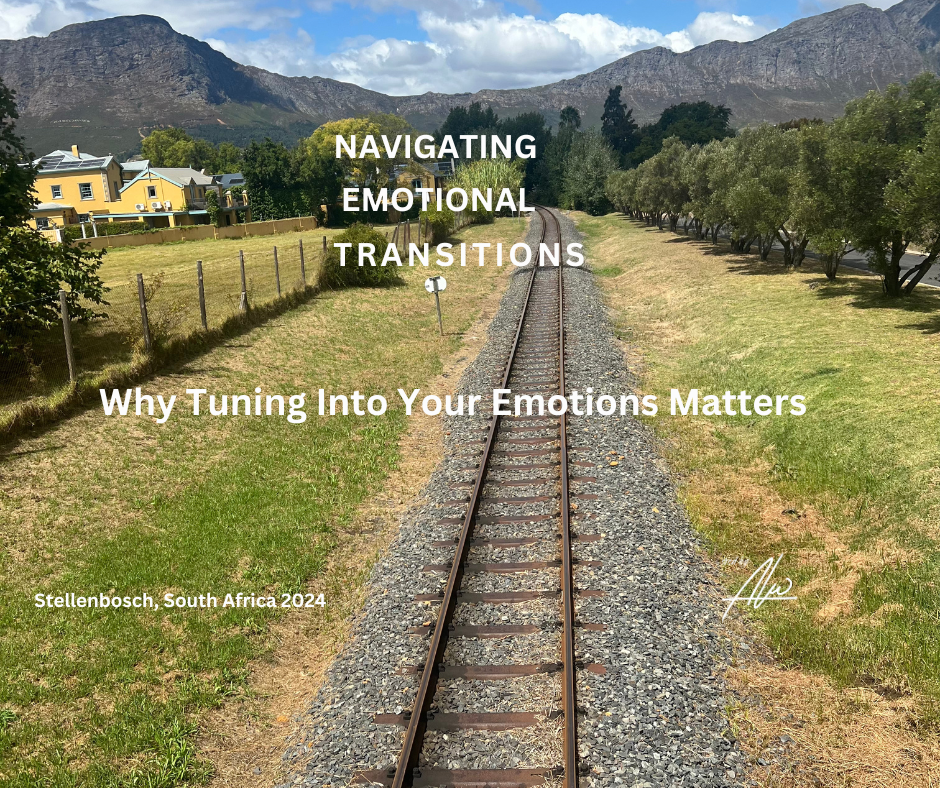
Unseen No More
Unseen No More
Recognizing Disenfranchised Grief
March 24 was my birthday. 🎂 As we age, we learn to navigate life's complexities. Aging can be a mix of reverence and trepidation. While aging is a natural progression, it comes with unique challenges—particularly in grief—as we face the realizations of hopes, dreams, and expectations we may have had for our former selves. Understanding how aging can lead to disenfranchised grief

The Ripple Effects
The Ripple Effects
Maternal Mortality on Black Fathers, Women, and Families
This is not a new but yet a continuous awareness of the maternal mortality crisis in the United States as a significant public health challenge, disproportionately affecting Black families. The focus is often on mothers, yet the emotional, economic, and social repercussions for Black fathers, women, and their communities cannot be overlooked. This blog examines and provides insights…

Lost in Silence
Understanding Disenfranchised Grief During Pregnancy Loss
She was told “it’s okay, you're young”. For many years, I did not understand the impact of a pregnancy resulting in miscarriage had on me. In today’s society, the term "disenfranchised" often surfaces in discussions surrounding social justice, rights, and emotional well-being. Understanding this term and its implications—especially about pregnancy loss—can foster greater…

The Collective Grief of Black Culture
A Reflection on Trauma and Resilience
The concept of collective grief speaks to the shared experience of sorrow and loss within a community, shaped profoundly by cultural history, shared struggles, and the memory of trauma. In the context of Black culture, collective grief is interwoven with the enduring legacies of slavery, systemic racism, and ongoing social injustices. The recent Super Bowl halftime show, featuring…

The Legacy of Black Midwifery
Journey Through History, Grief, and Resiliency
A Rich Tapestry of Resilience and Expertise
The history of Black midwifery is a profound tapestry woven with tales of resilience, expertise, grief, and unwavering care. For centuries, Black midwives have played pivotal roles in reproductive healthcare, guiding families through the transformative experiences of pregnancy, birth, and postpartum care. Their wisdom, deeply rooted in African traditions…
“Black Midwife Packing Bag,” featured in the U.S. National Archives

Gratitude In Action
Listening to each other's stories and needs enriches our community and allows for greater understanding and empathy. This collaborative spirit can transform challenges into opportunities for growth. In doing so,

Navigating Grief During The Holidays
Essential Tips
The holiday season and special days are often portrayed as a time of joy, celebration, and togetherness. However, for many, it can also serve as a profound emotional reminder of loved ones. The sights, sounds, and smells of the holidays and special can be triggering for some. Navigating grief during the holidays can be particularly challenging,

Navigating Grief and Legacy
In Times of Transition: Estate Planning, Probate, and Elder Law
Grief Is
Over time, I have grown to understand that grief is more than just sorrow; it is a natural response to loss that encompasses a range of emotional reactions. It can feel overwhelming, and often, we find ourselves reluctant to confront the elephant in the room. As a community or group, we experience collective grief and tend to hold back or inhibit grief due to cultural norms…

Happy Thanksgiving
Embrace the holiday season by surrounding yourself with the joy and gratitude it brings.

Understanding Collective Grief
A Journey Towards Healing Together
Collective grief refers to the shared sorrow experienced by a community in response to significant loss or tragedy. This phenomenon can manifest in various contexts, including elections, maternal health care crises, natural disasters, mass violence or shootings, the death of a community member, and global events like pandemics.

Celebrating Life's Small Miracles
A Journey of Growth and Gratitude
As I've aged, I am discovering the beauty of embracing every moment of life and celebrating the seemingly small miracles that often go unnoticed. Each day presents a closely woven cloth painted with experiences, lessons, and moments of grace

Embracing Aging Gracefully
A Journey of Courage, Connection, and Gratitude
Aging gracefully encompasses more than just accepting the physical changes that come with time; it’s a celebration of life—a journey filled with courage, connection, and a mindset grounded in gratitude. It requires us to acknowledge our

Exploring the Heart of Travel
Conversations with Strangers
Traveling is among our greatest joys. We comfortably converse with perfect strangers in restaurants, local markets, coffee shops, or tourist spots and connecting...

Transformative
Transformative: Seeing Life Through New Eyes
Do you remember when you thought you knew everything?
As a child, life felt simple and promises seemed unbreakable. With the passage of time,

Let It Flow!
Let It Flow! The Healing Power of Tears
I often tell others to let it out, not to choke it down and push it aside. Doing so will distract them from the emotional pain of grief, and it's not healthy for them in the short and long-term of life journey. Tears are not a sign of weakness; They are the body's natural response to …

Navigating Life's Emotional Challenges
In my life's journey, I've encountered emotional trials that went unidentified as grief for a long time. This realization shifted my understanding of self, shedding light on the intertwined ancestral pains, buried stories, and unspoken struggles of those who came before me. The echoes of their suffering, resilience…

Journey of Grace and Growth
There are lessons I have gathered along the way. Diligently taking with me with full assurance what serves the journey …

Navigating Emotional Transitions
Consider our emotions the compass that guides us through various situations. Understanding and acknowledging these emotions is not just a nicety but a necessity. Here is compelling research on why tuning into your feelings and emotions is crucial.

The Journey Motherhood
The journey of motherhood is filled with mixed emotions of joy and grief. With joy as new life comes grief at all the changes she will experience and the uncertainties that lie ahead;

Embracing Rest
In this current phase of life, what are you delaying or postponing?
Taking time to rest and reflect helps bring clarity to life. After rejuvenating, I am ready to focus on what nurtures the human spirit, particularly mine, in the latter part of life.

